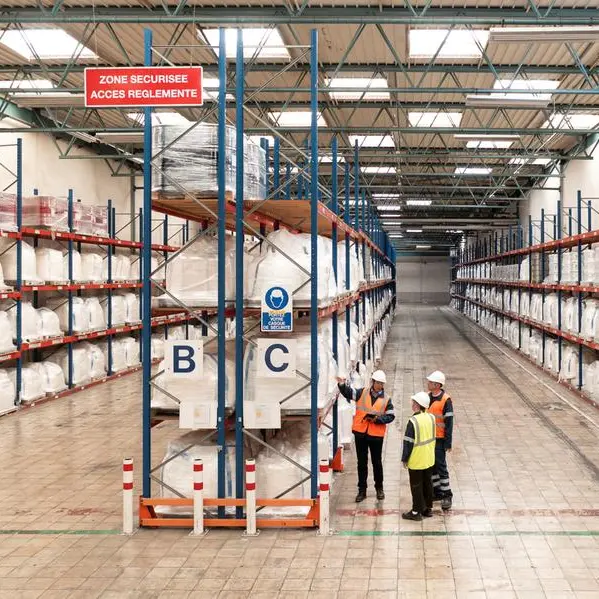According to a study by KPMG and Agreus, financial wealth under management by family offices will increase by nearly 50 per cent in the years up to 2026. This comes against a backdrop of one of the greatest intergenerational wealth transfers in history, as current family heads prepare to transition family wealth to the NextGen.
Private banks will play a leading role in supporting Middle Eastern family offices through wealth transfer and succession – bridging the gap between generations, so that family businesses and offices, the backbone of many Middle East economies, can stay the course.
Succession and the smooth transfer of wealth
Most family offices in the region have only consolidated their wealth over the last 50 years and are new to the concept of intergenerational wealth transfer. For many, the top priority has been accumulating wealth with little time preparing the next generation to receive it.
As a result, the Middle East has only recently begun to create an infrastructure of succession which has led to instances of inadequate legacy planning. High-profile cases in the region have highlighted the dangers of insufficient governance. Conflicts have erupted, resulting in decades of legal wrangling and uncertainty, affecting not only private families and their personal wealth but the companies they run and the economies they operate within.
Clarity around succession and the expectations of each generation is critical in the preservation of wealth and future success of family offices. Yet, according to PwC, less than a third of NextGen in the region said there was a succession plan in place that had been developed together as a family.
Private banks have the responsibility and toolkit to facilitate discussions between generations that enable family members to reflect on values and decisions. And guide family members through the succession planning process, clearly defining governance, strategy and investment opportunities.
Preparing the NextGen
However, even where robust succession plans have been put in place, the NextGen needs to prepare for the responsibilities of inherited wealth. In this respect, private banks and advisers can also play a crucial role.
Speaking at the recent FT Global Wealth Management Summit, Eliza Filby, a historian and generations expert said many young high net worth individuals feel insecure in their knowledge and lack confidence when it comes to inheriting wealth. And they do not just need to develop emotional intelligence but also a teacher-mentor relationship with their advisers.
Advisers can help wealth holders engage the NextGen, giving younger members of the family an opportunity to gain experience of financial markets, learn about investment; and get involved in the family office or philanthropic endeavours.
Advisers can also find ways of engaging the NextGen with potential investment strategies that incorporate younger people’s interest in sustainability, technology and global investment opportunities.
Indeed, exposing the NextGen to wealth management and preparing them to inherit wealth is extremely important. Psychology experts suggest inheritance of wealth can cause significant mental health issues including anxiety, depression, lack of purpose and a sense of guilt, as well as isolation, especially when wealth is not expected.
Wealth goes beyond money and advisers must focus on preserving legacies, generating value and contributing to the wellbeing of the families they serve.
A focus on professionalism and the technical expertise required to navigate the wide ranging financial, regulatory and legal frameworks involved is key. So too, is the provision of globalised banking solutions, where banks with a worldwide presence can offer a significant advantage, especially as the NextGen starts to embrace a worldwide perspective and are less tied to individual jurisdictions.
Advisers should work closely with family clients to understand their goals and address the complexities of succession planning. Indeed, private banks that are themselves family-owned and -run can offer a deep understanding of family dynamics, enable trust, emphasise a values-oriented approach and promote transparency.
However, it is also important for private banks to facilitate a collaborative process that bridges the gap between generations, helping clients solve conflicts and pass on family values.
Private banks in the Middle East are stepping up to play a key role in preparing future generations for inheritance, acting as technical experts but also brokering collaboration between family members. This will ensure family offices and their legacies, so crucial to Middle Eastern communities and economies, not only survive the greatest wealth transfer in history but thrive and prosper for many generations to come.





















